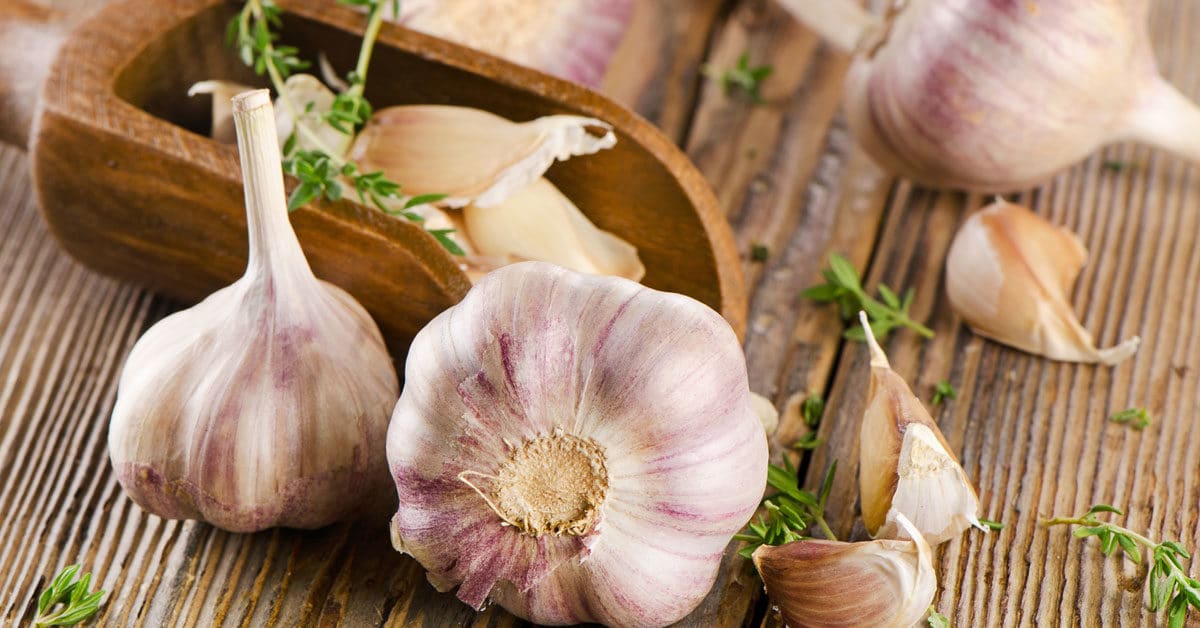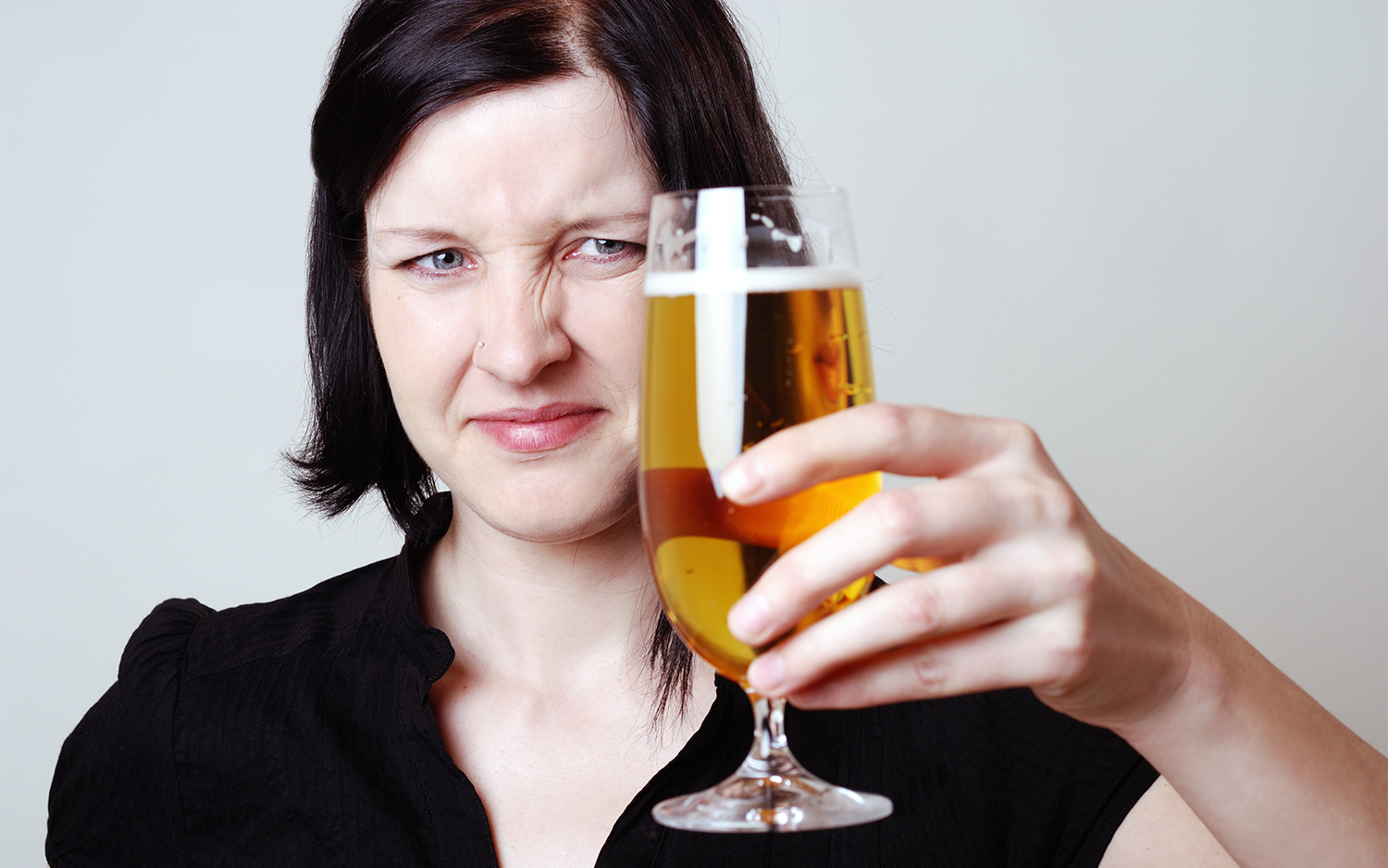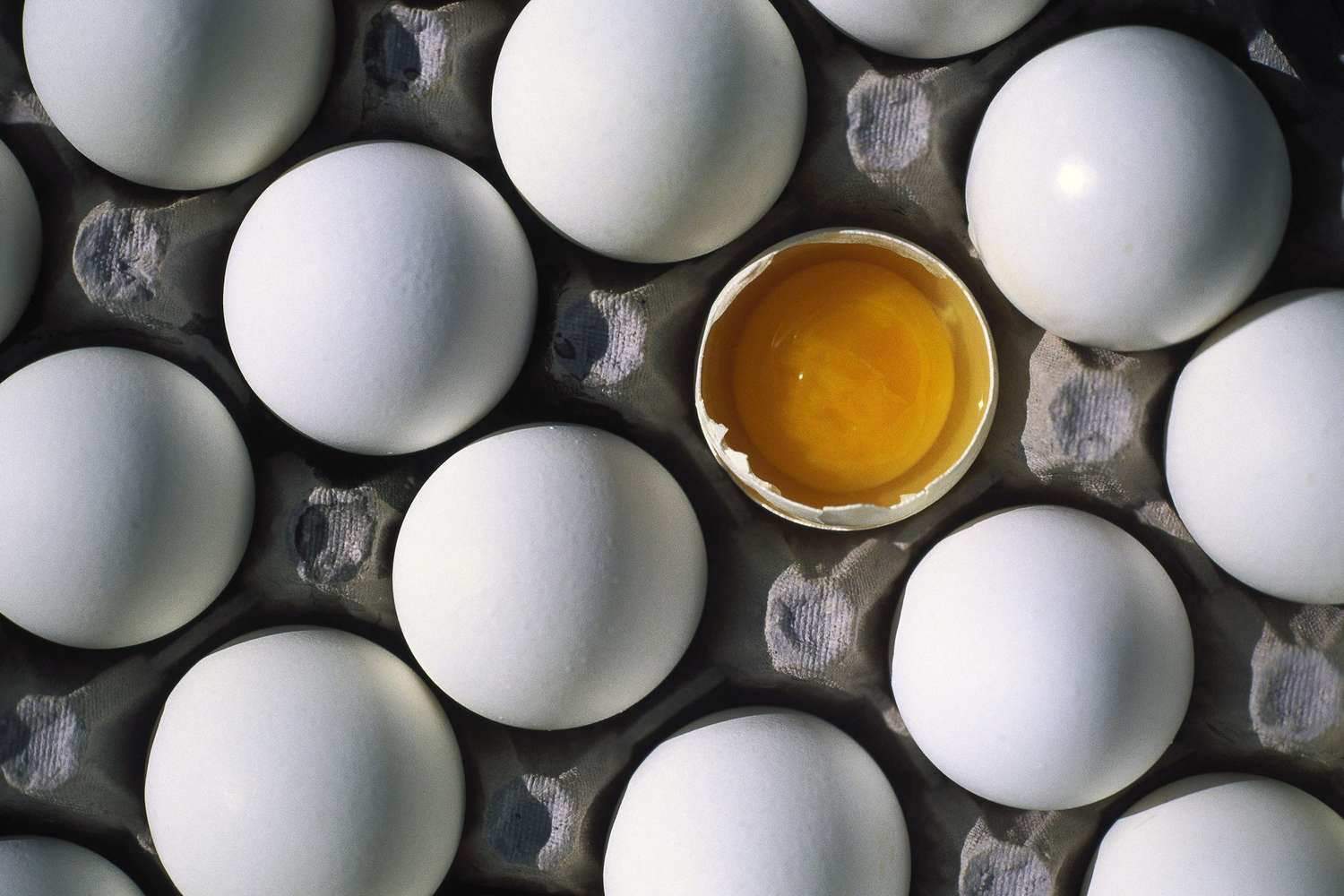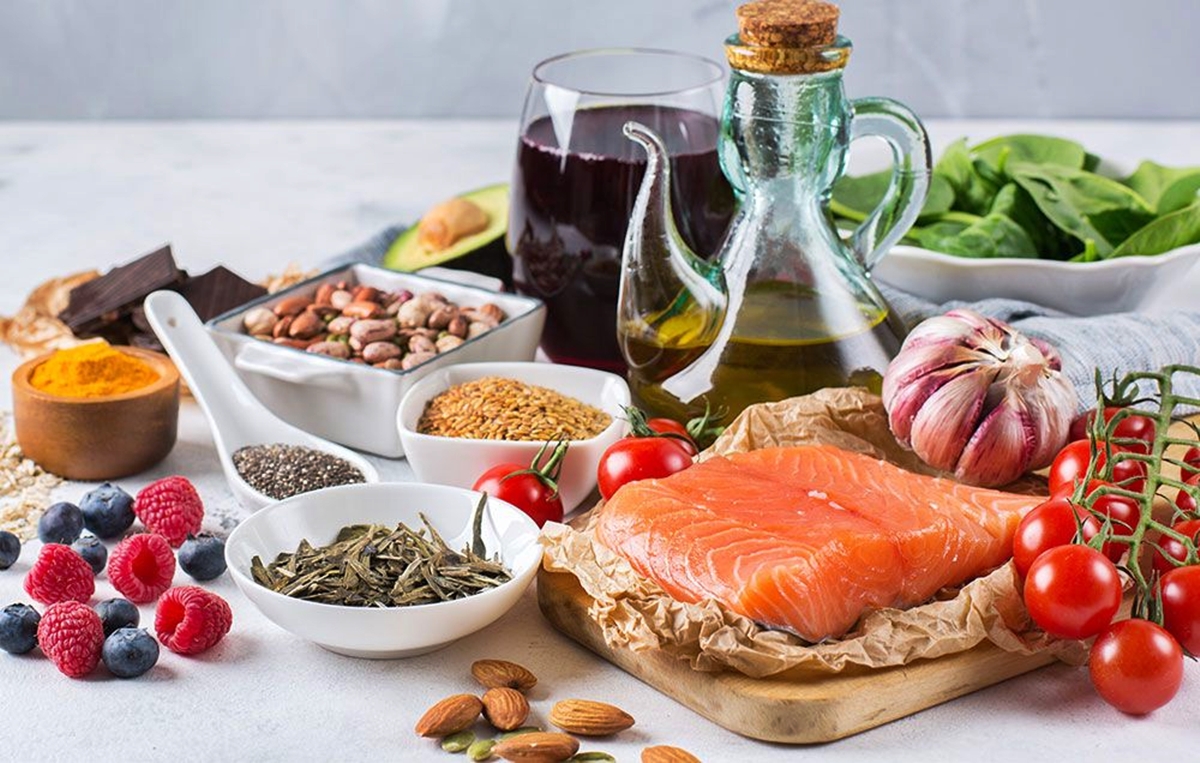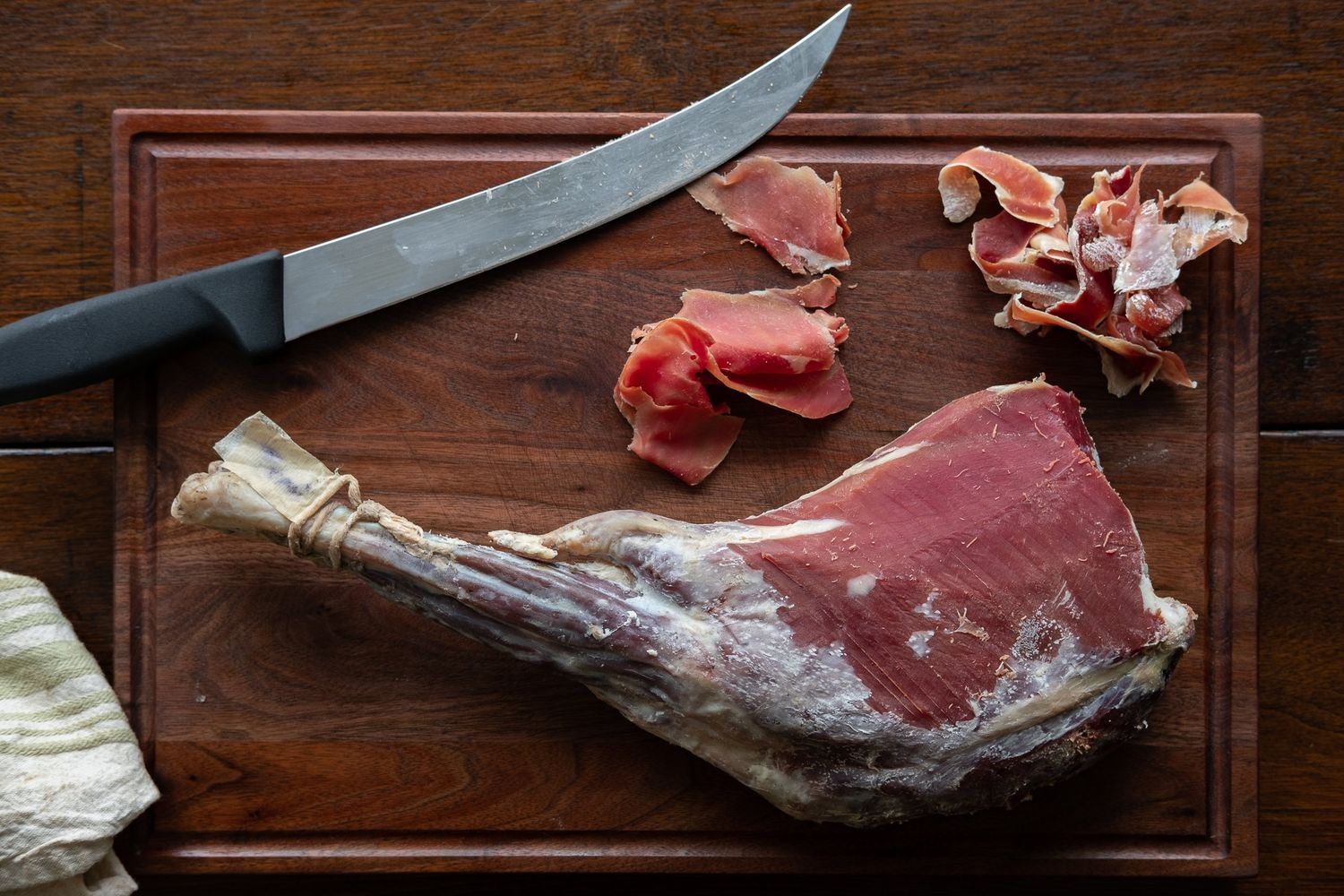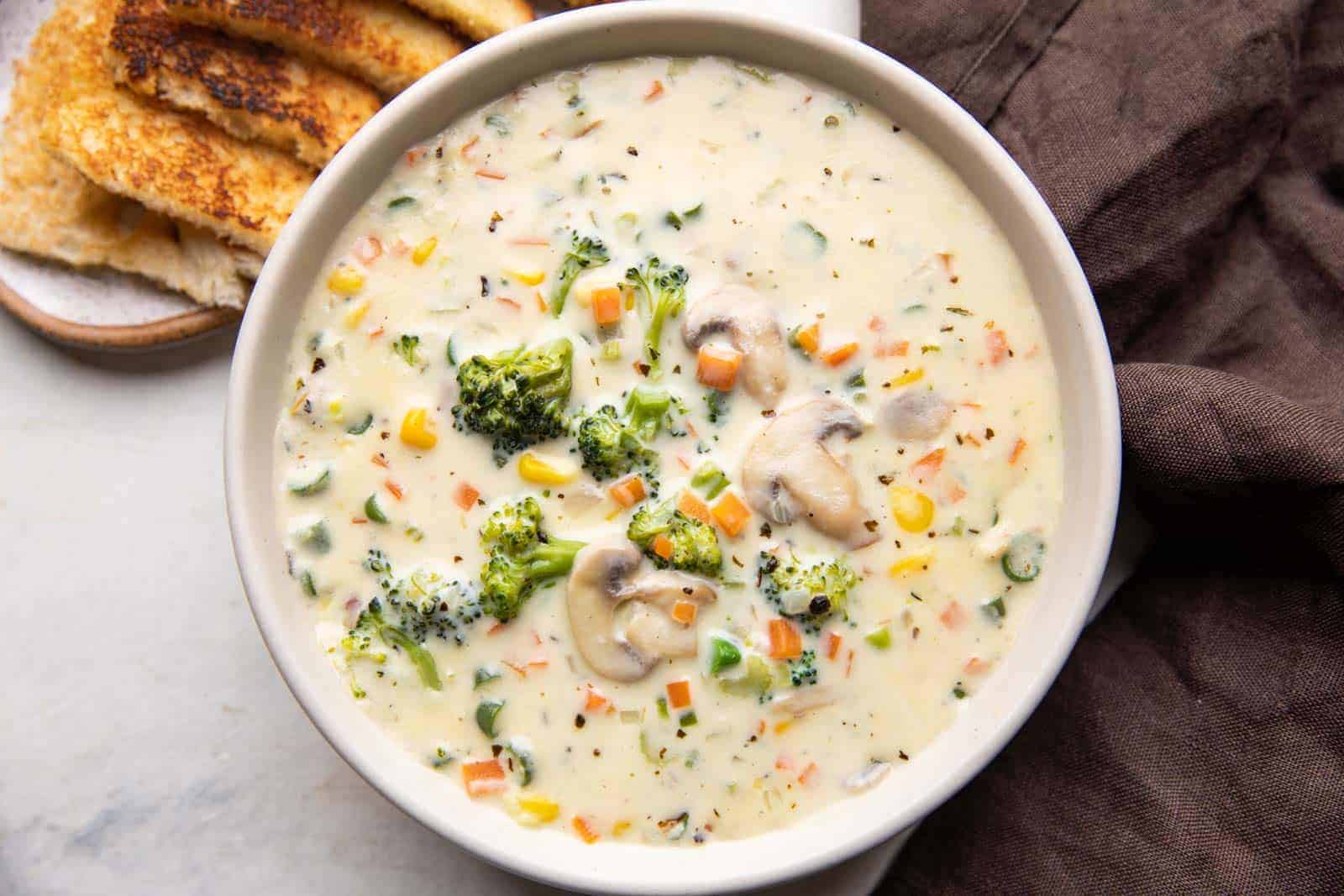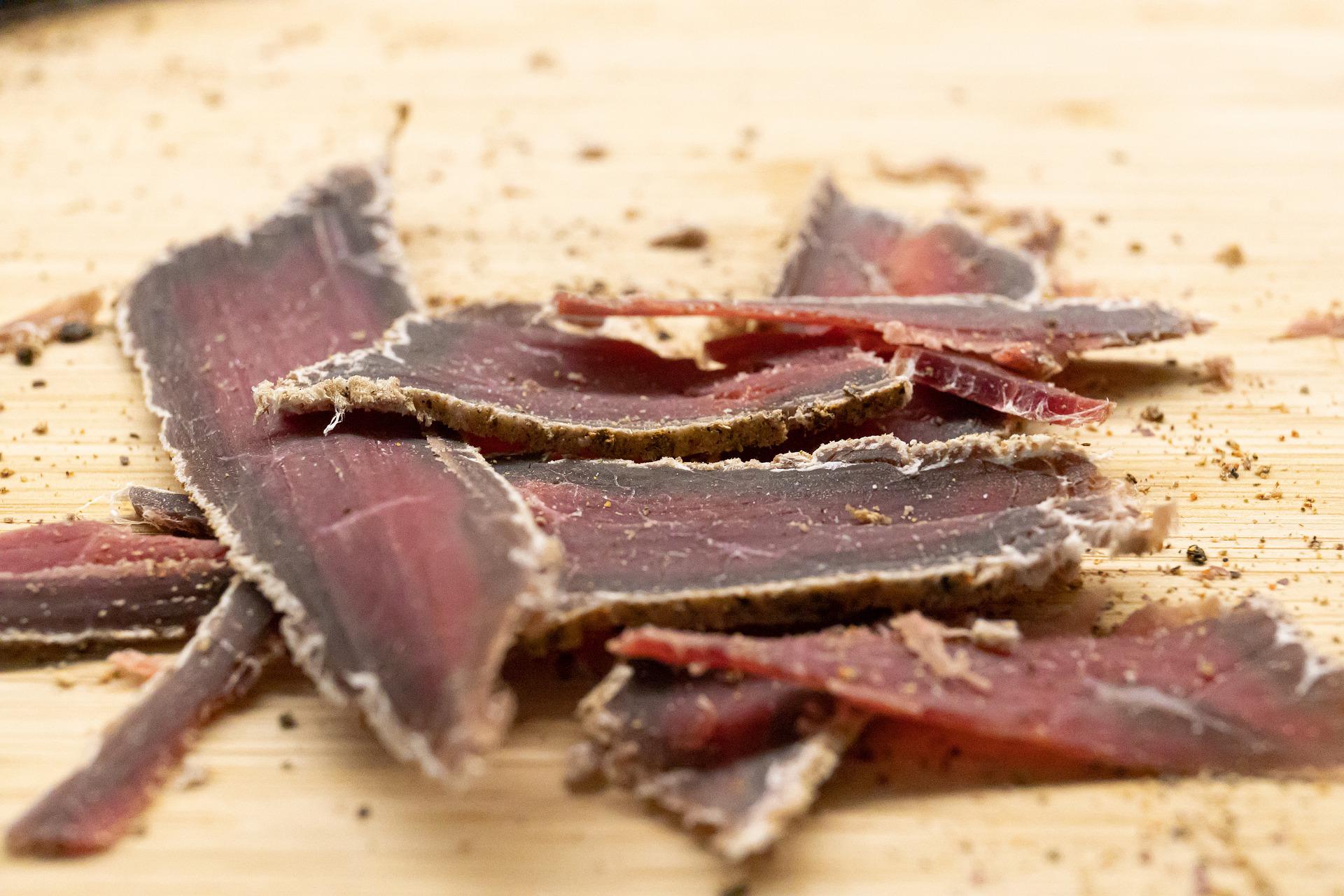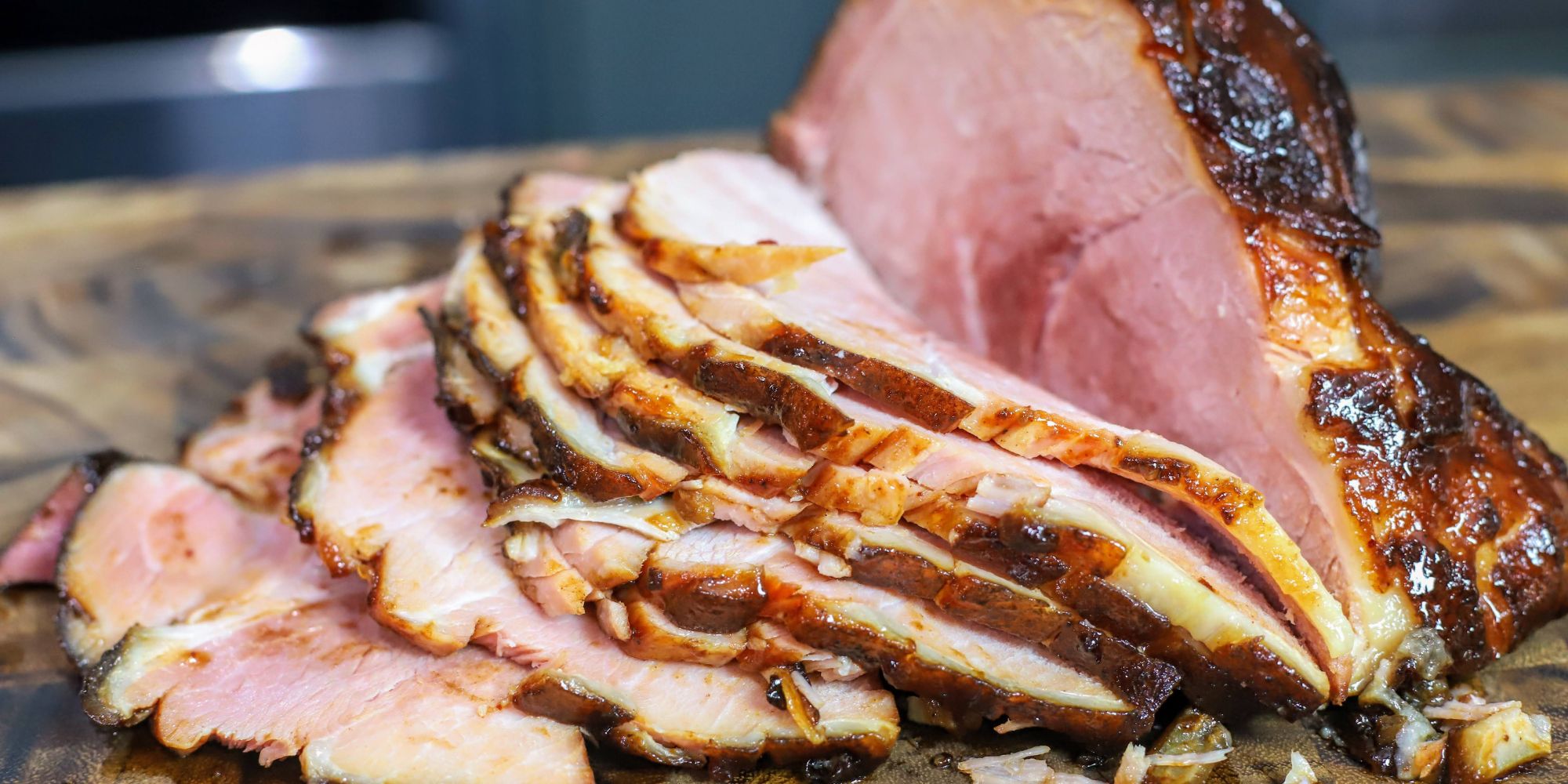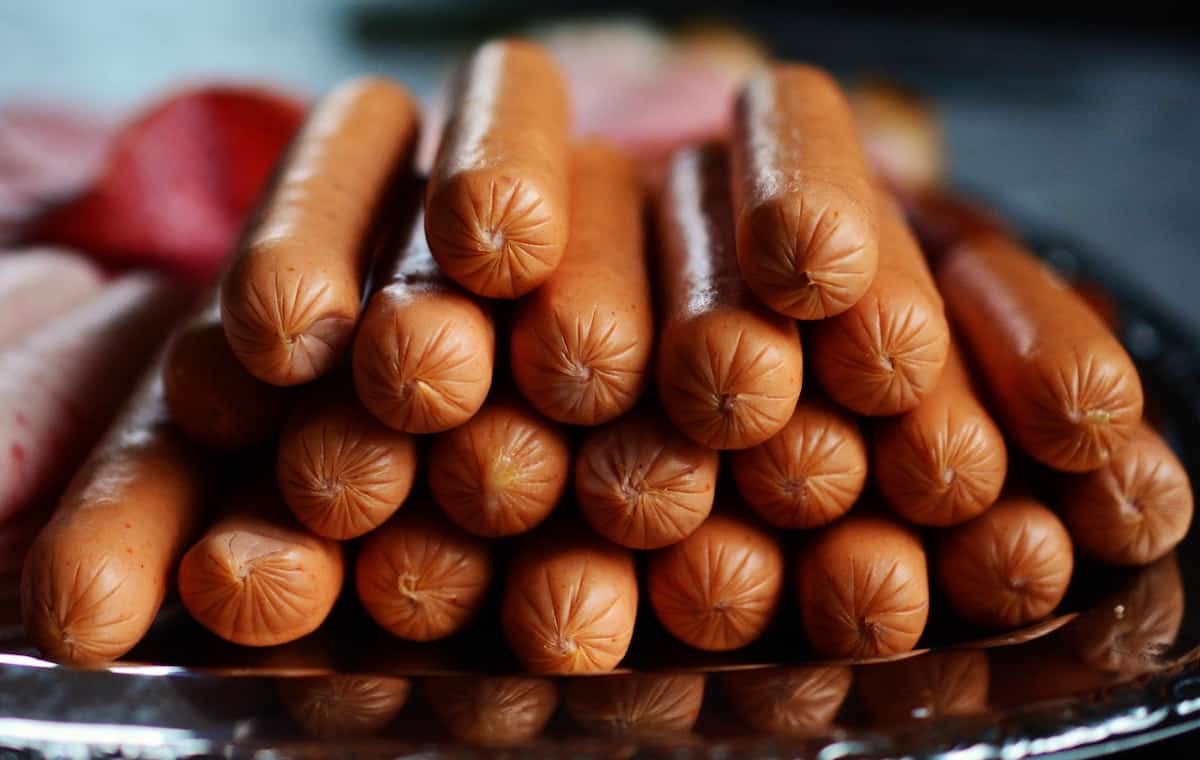How Your Diet Can Help Cure a Yeast Infection
If you’re dealing with a yeast infection, you’re probably looking for ways to alleviate the discomfort and promote healing. While medication can be effective, your diet can also play a crucial role in combating yeast infections. By making some simple changes to what you eat, you can help your body fight off the overgrowth of yeast and promote balance in your system.
What to Eat
When it comes to combating yeast infections, it’s important to focus on a diet that supports a healthy balance of bacteria and yeast in your body. Here are some foods that can help:
- Probiotics: Foods that are rich in probiotics, such as yogurt, kefir, and sauerkraut, can help introduce beneficial bacteria into your gut, which can help combat the overgrowth of yeast.
- Garlic: Garlic has natural antifungal properties, making it a great addition to your diet when dealing with a yeast infection.
- Coconut oil: Coconut oil contains caprylic acid, which has been shown to have antifungal properties. Adding coconut oil to your diet can help combat yeast overgrowth.
- Low-sugar fruits: Opt for fruits that are low in sugar, such as berries, to help keep your blood sugar levels stable and prevent feeding the yeast.
- Whole grains: Choose whole grains over refined grains to help maintain stable blood sugar levels and promote a healthy balance of bacteria in your gut.
What to Avoid
Just as important as knowing what to eat is knowing what to avoid when dealing with a yeast infection. Certain foods can promote the growth of yeast and make it harder for your body to combat the infection. Here are some foods to steer clear of:
- Sugar: Yeast feeds on sugar, so it’s important to avoid sugary foods and beverages, including candy, soda, and baked goods.
- Refined carbohydrates: Foods like white bread, pasta, and pastries can cause spikes in blood sugar, which can promote yeast overgrowth.
- Alcohol: Alcohol can disrupt the balance of bacteria and yeast in your gut, making it harder for your body to fight off a yeast infection.
- Dairy: Some people find that dairy products can exacerbate yeast infections, so it may be helpful to limit or avoid dairy while dealing with an infection.
- Fruit juices: Fruit juices are high in sugar and can contribute to yeast overgrowth, so it’s best to opt for whole fruits instead.
Additional Tips
In addition to making changes to your diet, there are some other steps you can take to help combat a yeast infection:
- Stay hydrated: Drinking plenty of water can help flush out toxins and support your body’s natural detoxification processes.
- Manage stress: Chronic stress can weaken your immune system, making it harder for your body to fight off infections. Finding ways to manage stress, such as through meditation or exercise, can be beneficial.
- Consider supplements: Some people find that taking certain supplements, such as vitamin C, can help support their immune system and promote healing.
- Consult a healthcare professional: If you’re dealing with a persistent or severe yeast infection, it’s important to seek guidance from a healthcare professional. They can provide personalized recommendations and ensure that you receive the appropriate treatment.
By making thoughtful choices about what you eat and taking steps to support your overall health, you can help your body combat a yeast infection and promote healing. Remember that everyone’s body is different, so it may take some trial and error to find the approach that works best for you. With patience and persistence, you can find relief from a yeast infection and support your body’s natural balance.
